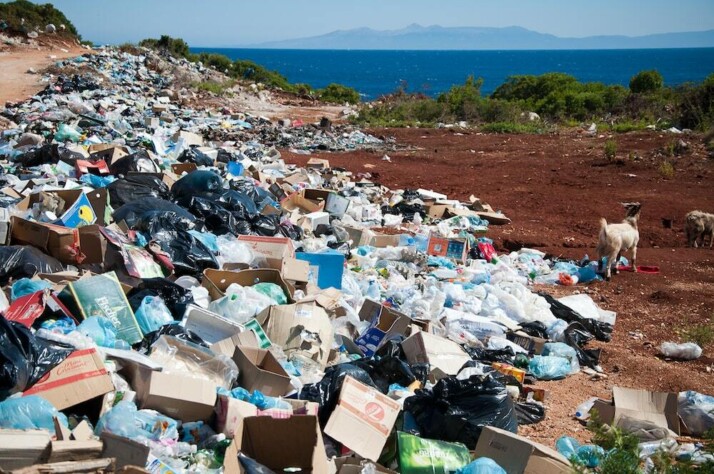Pollution is the biggest contributor to all environmental problems. It’s a pressing matter that has long required our immediate attention and action. Here are some questions about pollution to help you raise awareness and understand the problem in its entirety.
What is Pollution?
Pollution refers to any addition to a natural system that causes an undesirable change in the environment or damages the natural system. There are three types of pollution, each named after the environment they affect. These are:
- Air pollution
- Water pollution
- Land pollution
Air Pollution
Air pollution includes just about everything from the human-made release of toxic chemicals and compounds in the air. It comes in the form of small-scale dust particles and smoke to massive plumes of smoke from fires.
Air pollution is the reason for strict emissions regulations and controls on the automotive industry. It is also one of the biggest health threats. As air quality declines, the more susceptible we are to respiratory issues like bronchitis and asthma.
Combustion is the main contributory factor to air pollution because it releases harmful gases into the air. It is also a direct contributor to the deterioration of the ozone layer, thus worsening global warming.
Water Pollution
Water pollution refers to the contamination of water due to industrial, agricultural, and domestic waste. The main sources of water pollution include industrial discharge, industrial accidents, and improper disposal of waste. Pollution of inland waters has caused over 700 deaths annually due to diarrhea and typhoid. This destruction of the water ecosystem also has [irreversibly] affected species diversity.
Water pollution destroys marine life and presents serious health issues. Drinking water is scarce enough. Water pollution affects bodies of water that would have been potential sources of clean water.
Land Pollution
Land pollution refers to contaminants that enter into the environment and soils from land use and land cover, especially from natural and man-made sources. Pollutants come in the form of littering, waste washed ashore, improper garbage disposal, and irradiated material.
Land pollution degrades the fertility of the land, making it unable to sustain plants and animals in the affected area. The effects of land pollution also give rise to various environmental problems such as flooding, erosion, and barren zones.

The Importance of Asking Questions About Pollution
Some questions serve to elicit valuable information. Others facilitate a deeper understanding of our world and ourselves. Other questions are meant to spread awareness and raise concerns. Asking questions about pollution forces us to think about the consequences of poor waste management and how it impacts our lives.
If you want people to know about the impact of pollution, here are some questions you can ask.
Questions About Pollution
- What causes pollution?
- Where do plastics in the ocean come from?
- How can we reduce air pollution?
- What happens when we bury our garbage?
- Will a ban on plastic straws reduce plastic solutions?
- What are microbeads?
- What is air pollution?
- How does air pollution affect the world?
- Is acid rain a product of air pollution?
- Why is it so important we solve pollution problems?
- Why should pollution matter to you?
- Is clean air a human right?
- What can businesses do to mitigate air pollution?
- What can you do to help alleviate the problems of pollution?
- Is your country or state doing enough to stop pollution?
- Are there ways you pollute your environment without knowing?
- Do large cities contribute more pollution than smaller ones?
- Don’t all living things deserve to live in a clean environment?
- Is global warming reversible?
- What type of pollution should we give our most attention to reducing?
In Summary
Pollution is among the biggest and oldest environmental problems. It’s a significant global health issue, and it’s getting worse. The first step to solving a problem lies in identifying and taking responsibility.
While these questions aren’t the solution to our environmental problems, you can use them to guide discourse and educate people. Asking the right questions is the key to getting valuable answers.
Explore All Engaging Questions Tool Articles
Consider These Fun Questions About Spring
Spring is a season in the Earth’s yearly cycle after Winter and before Summer. It is the time life and…
Fun Spouse Game Questions For Couples
Answering spouse game questions together can be fun. It’ll help begin conversations and further explore preferences, history, and interests. The…
Best Snap Game Questions to Play on Snapchat
Are you out to get a fun way to connect with your friends on Snapchat? Look no further than snap…
How to Prepare for Short Response Questions in Tests
When it comes to acing tests, there are a few things that will help you more than anything else. Good…
Top 20 Reflective Questions for Students
As students, we are constantly learning new things. Every day, we are presented with further information and ideas we need…
Random History Questions For History Games
A great icebreaker game is playing trivia even though you don’t know the answer. It is always fun to guess…
